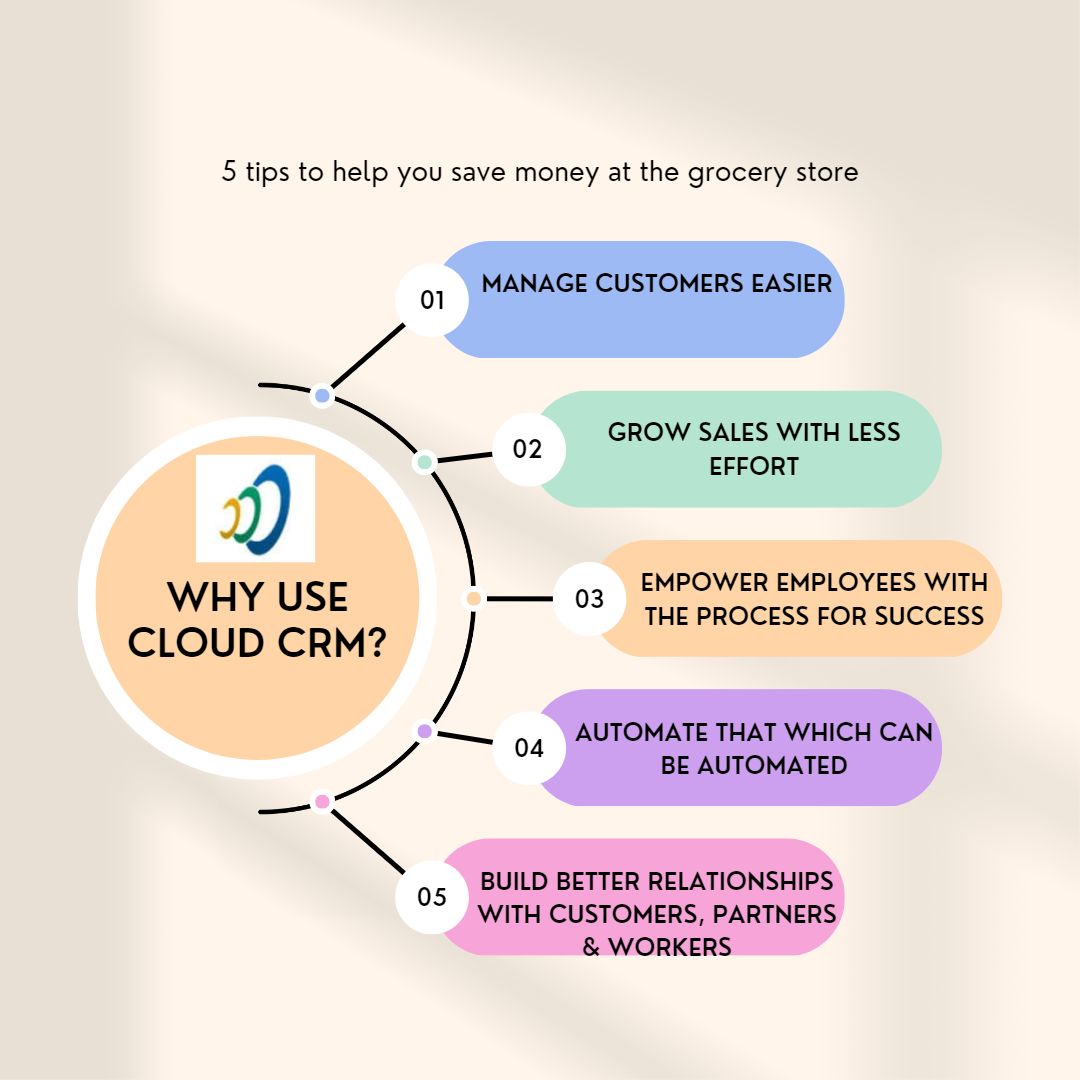SWOT analysis for CRM implementation in Telehealth Services
Content:
- Introduction
- Enhancing Telehealth Services with CRM Technology
- Sample SWOT Analysis for Healthcare CRM Implementation for Telehealth Services
Here we discuss the integration of CRM systems in telehealth services, following the insights from the SWOT analysis.
Enhancing Telehealth Services with CRM Technology
Introduction:
Telehealth has emerged as a vital component of modern healthcare, breaking down geographical barriers and making healthcare more accessible.
Integrating Customer Relationship Management (CRM) systems into telehealth services offers an opportunity to further revolutionize this healthcare model.
This blog post examines the strengths, weaknesses, opportunities, and threats of CRM implementation in telehealth services, providing insights into how this integration can enhance healthcare delivery.
Strengths:
The integration of CRM systems in telehealth services brings numerous advantages. Primarily, it enhances patient accessibility, making healthcare services more readily available, especially to those in remote or underserved areas.
CRM systems streamline communication by efficiently managing appointments, sending reminders, and facilitating post-appointment follow-ups, thereby improving patient engagement and satisfaction.
Additionally, the ability of CRM systems to integrate and manage patient data from various sources is invaluable in providing comprehensive care remotely.
Moreover, telehealth services can significantly reduce the overhead costs associated with physical healthcare facilities.
Weaknesses:
However, there are challenges to consider. Telehealth heavily relies on internet connectivity and the technological proficiency of both healthcare providers and patients, which can pose significant barriers.
The limitations in conducting physical examinations through telehealth can impact the accuracy of diagnoses and treatment plans.
Furthermore, the increased digital nature of telehealth heightens concerns over data security, necessitating robust cybersecurity measures.
Opportunities:
The opportunities presented by combining CRM with telehealth are promising. There is significant potential to expand healthcare services to populations and areas that have traditionally been underserved.
The growing field of wearable health technologies offers an exciting avenue for integration with telehealth CRMs, allowing for continuous patient monitoring and richer data collection.
Additionally, the cost-effectiveness of telehealth can broaden access to healthcare services, making them available to a larger segment of the population.
Threats:
Yet, some threats need to be managed. Ensuring that telehealth CRM systems comply with healthcare regulations like HIPAA is a complex yet critical task.
An over-reliance on technology in telehealth could lead to challenges in the event of system failures or technical issues.
Moreover, the potential reduction in personal interaction in telehealth services might not suit all healthcare scenarios, particularly those requiring more intimate doctor-patient relationships.
The integration of CRM systems into telehealth services offers a pathway toward more efficient, accessible, and patient-centric healthcare delivery.
While navigating the challenges of technology integration and ensuring data security is critical, the benefits of enhanced patient management and expanded healthcare accessibility are substantial.
For healthcare providers looking to optimize their telehealth services, CRM technology presents a strategic and impactful solution.

Sample SWOT Analysis for Healthcare CRM Implementation for Telehealth Services
The following sample SWOT analysis provides a comprehensive view of the potential benefits and challenges associated with implementing CRM systems in telehealth services.
The strengths and opportunities highlight how CRM can enhance the reach and efficiency of telehealth, while the weaknesses and threats underscore the need for careful planning around technology, data security, and maintaining the quality of patient care.
Strengths:
-
Enhanced Patient Accessibility: CRM systems in telehealth can significantly improve patient access to healthcare services, especially for those in remote areas or with mobility challenges.
-
Streamlined Communication: CRMs facilitate efficient scheduling, reminders, and follow-up communications for telehealth appointments, enhancing patient engagement and satisfaction.
-
Data Integration and Management: They can integrate patient data from various sources, providing a holistic view that is essential for effective telehealth services.
-
Cost-Effectiveness: CRM systems can help reduce overhead costs associated with physical healthcare facilities and streamline administrative tasks.
Weaknesses:
-
Technical Challenges: The effectiveness of telehealth CRM systems is highly dependent on the reliability of internet connectivity and the technological proficiency of users.
-
Limited Physical Examination Capabilities: Telehealth services, by nature, limit the ability to conduct comprehensive physical examinations, which may impact the efficacy of diagnosis and treatment.
-
Data Security Concerns: The digital nature of telehealth increases the risk of data breaches and requires stringent cybersecurity measures.
Opportunities:
-
Expansion of Services: Telehealth combined with CRM can expand healthcare services to underserved populations and geographies.
-
Integration with Wearable Tech: There’s a growing opportunity to integrate telehealth CRMs with wearable health technologies for continuous patient monitoring and data collection.
-
Cost-Effective Healthcare Delivery: Telehealth can reduce the cost of healthcare delivery, making services more accessible to a broader range of patients.
Threats:
-
Regulatory Compliance: Ensuring that telehealth CRM systems comply with healthcare regulations, like HIPAA in the U.S., can be complex.
-
Dependency on Technology: Over-reliance on technology in telehealth can lead to challenges if there are system failures or technical issues.
-
Potential for Reduced Personal Interaction: Telehealth services may lack the personal touch of face-to-face consultations, which can be crucial in certain healthcare scenarios.
Are you involved in telehealth services and considering integrating CRM technology? Share your thoughts and experiences in the comments below.
If you're seeking expert advice on implementing CRM systems in your telehealth services, our team is here to help.
Contact us for a personalized consultation that aligns with your telehealth goals and challenges.
We take a nuanced view of CRM implementation in telehealth services, highlighting both the potential advantages and the challenges to be addressed.
Reach out to us today for a free consultation to help you serve patients better.